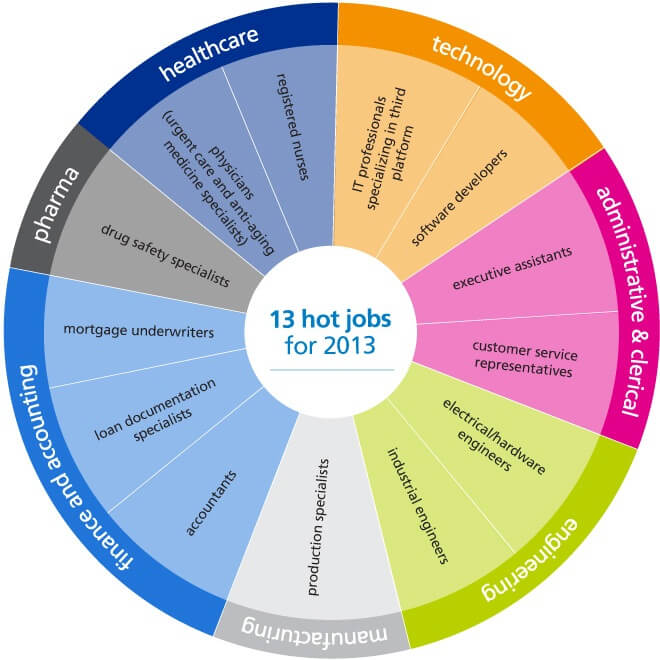A criminal justice degree can lead to a variety of stable, lucrative, and rewarding jobs in law. Students who major in criminal justice can work in both the public and private sectors or continue their education, giving them the most options when choosing a career path. Here are some important things to consider to find jobs in laws and criminal justice.
Criminal justice refers to the process of identifying and detaining criminals. It also involves judging and punishing criminals based on their crimes. Law enforcement, the court system, and correctional facilities are the main components of the criminal justice system. Each component of the criminal justice system works together. They ensure that citizens follow the laws and that criminals are fairly judged and sentenced for their crimes.
So, with all this in mind, let’s take a look at eight jobs in law and criminal justice that you could pursue as a new graduate.

FBI Agent
The Federal Bureau of Investigations employs FBI agents to undertake investigations. They gather evidence, question witnesses, and identify potential suspects.
When it comes to arresting or detaining suspects, FBI agents can collaborate with local law enforcement. They work in the FBI’s regional and national headquarters. But also in field offices across the country.
You may need a bachelor’s degree in criminal justice, criminology, or a similar discipline for jobs in federal law enforcement. In addition, agents must complete specific training.
Criminalist
Criminalists assist police officers in reconstructing crimes and identifying suspects. They use forensic procedures to locate evidence and generate case reports. They do this by analyzing samples from crime scenes, such as fingerprints and DNA evidence.
Criminalists frequently collaborate with police in laboratories to produce scientific evidence for cases. Like other jobs in law, criminalists typically have a bachelor’s degree in forensic science, criminal justice, or a related science discipline.
Border Control Agent
Border patrol officials keep an eye on the country’s borders to prevent illegal immigration. They also watch out for the crossing of illicit commodities such as narcotics.
They patrol land and sea borders to prevent human trafficking and border crossings and ports for illicit activity and threats. Border patrol agents use electronic sensors, aircraft monitoring, and other technology to keep the border safe.
The United States Border Patrol has had a rough ride for its treatment of immigrants. Particularly regarding refugees and unauthorized residents already in the country. Yet, recruits entering this profession have a chance to change this. Border patrol agents, like other federal law enforcement officers, usually have a bachelor’s degree.
Court Reporter
Court reporters create written transcripts of court hearings. These transcripts are used as official trial records. Court reporters take notes on what witnesses, attorneys, and judges say during a trial. During the trial, they may also read back chunks of transcripts.
Some court reporters utilize stenotype machines to provide a brief description of a trial. In contrast, others employ recordings or software tools to make written transcripts. A technical or vocational curriculum is usually used to provide specific training for court reporters.
Yet having a bachelor’s degree is sure to give you a competitive edge for criminal justice jobs like this.
Crime Analyst
Crime analysts analyze crime scene evidence in a laboratory. Crime scene investigators collect DNA evidence, weapons, and fingerprints at a crime scene. Crime analysts use a lab to find detailed evidence to aid investigators in solving crimes.
Crime analysts also research criminal activity and analysis methods. Crime analysts usually need a bachelor’s in criminal justice or a closely related field.
Mediator
Mediators help both sides negotiate and resolve legal disputes. They do this by acting as a neutral third party.
Mediators assist parties in avoiding a trial by helping them in reaching a non-litigious agreement. Mediators examine documents and interview both parties to understand the case during the mediation process better.
Mediators work with both parties to reach a confidential agreement. A bachelor’s degree is typically required, and many mediators have prior legal experience.
Private Investigator
Private investigators conduct investigations, surveillance, and background checks. They also need skills in document analysis. They assist clients in recovering lost assets and locating missing people. Plus, some specialize in financial fraud.
Depending on the nature of work, private investigators may work in the field or an office. Reviewing financial papers and locating witnesses are some of their responsibilities. Their educational requirements vary, but many have a bachelor’s degree in criminal justice.
State Trooper
A State Trooper is a great example of the many law enforcement jobs out there. They have comparable responsibilities to police officers, such as investigating illegal activity. These duties might involve making arrests, interrogating suspects, examining witnesses and victims, and testify in criminal cases.
They also serve warrants and give emergency aid during natural catastrophes. You might need a postgraduate degree in law enforcement or criminal justice for employment like a state trooper.
Other Worthy Mentions
There are many more different career paths in law and criminal justice. We couldn’t go into detail about them all. But here are some worthy mentions that you could research yourself if you like the sound of them:
- Police Officer
- Crime Scene Investigator
- Deputy Sheriff
- Bailiff
- Correctional Officer
- Correctional Services specialist
- Victim Advocate
- Security officer
- Customs Inspector
- Fingerprint Technician
- Narcotics Officer
Of course, there are many more, but we’ll stop here for the purposes of this article.
The Benefits of a Career In Criminal Justice
Before we finish up, we’d like to emphasize some of the benefits of becoming involved in the criminal justice field.
Some of these benefits can include:
- Ability to assist others in overcoming hurdles and starting over after making a series of errors.
- Possibilities to advance up the corporate ladder to positions of greater responsibility.
- The flexibility to establish your hours and be your boss is essential in several occupations.
- The opportunity to collaborate with others in a group setting.
- Professionals in the criminal justice industry are in high demand.
- Salary and growth chances are competitive. This is especially true for individuals with proven expertise in their chosen field.
So a lot is going for you if you choose a career in law and criminal justice! Find out more about how you can be involved now.
There’s Scope with Jobs in Law
As you now know, there is a lot of scope when it comes to jobs in law. Not every job entails you being stuck behind a desk with the traditional 9-5 ethos. There’s pretty much something for all personality types passionate about the legal system and criminal justice.
So thanks for checking in! We hope you found this article helpful in your decision-making process. Good luck, and please take a moment to check out some of our other blog posts if you have the time available.








